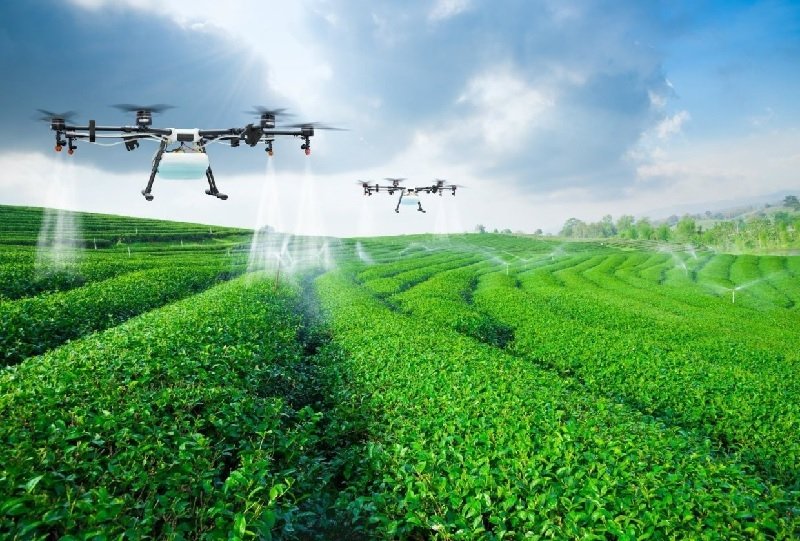2.The Role of Technology in Modern Agriculture
AcePREX | Sep 16, 2024

Technology plays a pivotal role in modern agriculture, revolutionizing traditional practices and enhancing productivity, sustainability, and efficiency. As the global population continues to grow, the demand for food increases, necessitating innovative solutions to meet these challenges. Technology is at the forefront of this agricultural transformation, providing tools that help farmers optimize their operations and produce food more sustainably.
One of the most significant advancements is precision agriculture, which utilizes data analytics, GPS technology, and sensors to monitor and manage field variability. Farmers can now analyze soil health, moisture levels, and crop health in real-time, enabling them to make informed decisions about irrigation, fertilization, and pest control. This targeted approach reduces resource waste, minimizes environmental impact, and increases crop yields.
Drones and aerial imagery have also become invaluable tools in modern agriculture. They provide high-resolution images that allow farmers to assess crop health, monitor irrigation systems, and identify pest infestations quickly. This aerial data collection can significantly enhance field management and streamline operations.
Moreover, advancements in biotechnology, such as genetically modified organisms (GMOs) and CRISPR gene editing, have led to the development of crops that are more resilient to pests, diseases, and climate change. These innovations can improve food security by increasing yields and reducing the reliance on chemical pesticides.
Automation and robotics are further transforming agriculture. From automated tractors to robotic harvesters, these technologies enhance labor efficiency and reduce the physical demands on farmers. Automation allows for 24/7 operations, ensuring timely planting and harvesting, ultimately maximizing productivity.
In conclusion, technology is reshaping modern agriculture, making it more efficient, sustainable, and capable of meeting the growing food demands of the global population. By embracing these advancements, farmers can enhance their operations, improve crop yields, and contribute to a more sustainable food system.
Categories